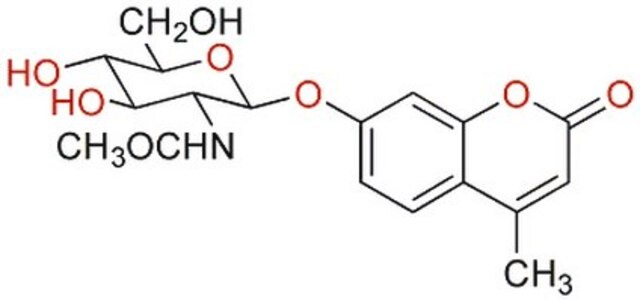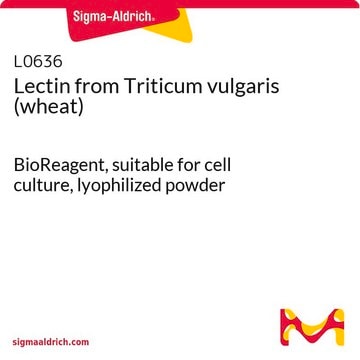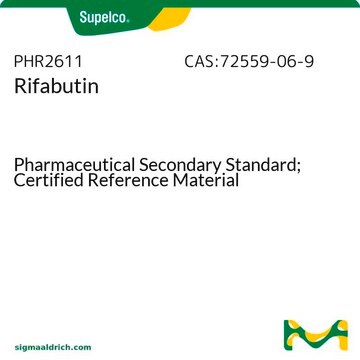M8195
Monoclonal Anti-phospho-MDMX (pTyr99) antibody produced in mouse
~2 mg/mL, clone PH-MDMX-169, purified immunoglobulin, buffered aqueous solution
Sinónimos:
Anti-HDM4, Anti-HDMX, Anti-MDM4, Anti-MGC132766, Anti-MRP1
About This Item
Productos recomendados
biological source
mouse
conjugate
unconjugated
antibody form
purified immunoglobulin
antibody product type
primary antibodies
clone
PH-MDMX-169, monoclonal
form
buffered aqueous solution
mol wt
antigen ~80 kDa
species reactivity
human
packaging
antibody small pack of 25 μL
concentration
~2 mg/mL
technique(s)
indirect ELISA: suitable
indirect immunofluorescence: suitable
western blot: 1-2 μg/mL using total cell extract of HEK-293T cells co-transfected with human MDMX and a specific kinase
isotype
IgG2b
UniProt accession no.
shipped in
dry ice
storage temp.
−20°C
target post-translational modification
phosphorylation (pTyr99)
Gene Information
human ... MDM4(4194)
General description
Specificity
Immunogen
Application
- enzyme-linked immunosorbent assay (ELISA)
- immunofluorescence
- immunoblotting
Biochem/physiol Actions
Physical form
Storage and Stability
Disclaimer
¿No encuentra el producto adecuado?
Pruebe nuestro Herramienta de selección de productos.
Storage Class
10 - Combustible liquids
wgk_germany
WGK 3
flash_point_f
Not applicable
flash_point_c
Not applicable
ppe
Eyeshields, Gloves, multi-purpose combination respirator cartridge (US)
Certificados de análisis (COA)
Busque Certificados de análisis (COA) introduciendo el número de lote del producto. Los números de lote se encuentran en la etiqueta del producto después de las palabras «Lot» o «Batch»
¿Ya tiene este producto?
Encuentre la documentación para los productos que ha comprado recientemente en la Biblioteca de documentos.
Nuestro equipo de científicos tiene experiencia en todas las áreas de investigación: Ciencias de la vida, Ciencia de los materiales, Síntesis química, Cromatografía, Analítica y muchas otras.
Póngase en contacto con el Servicio técnico








